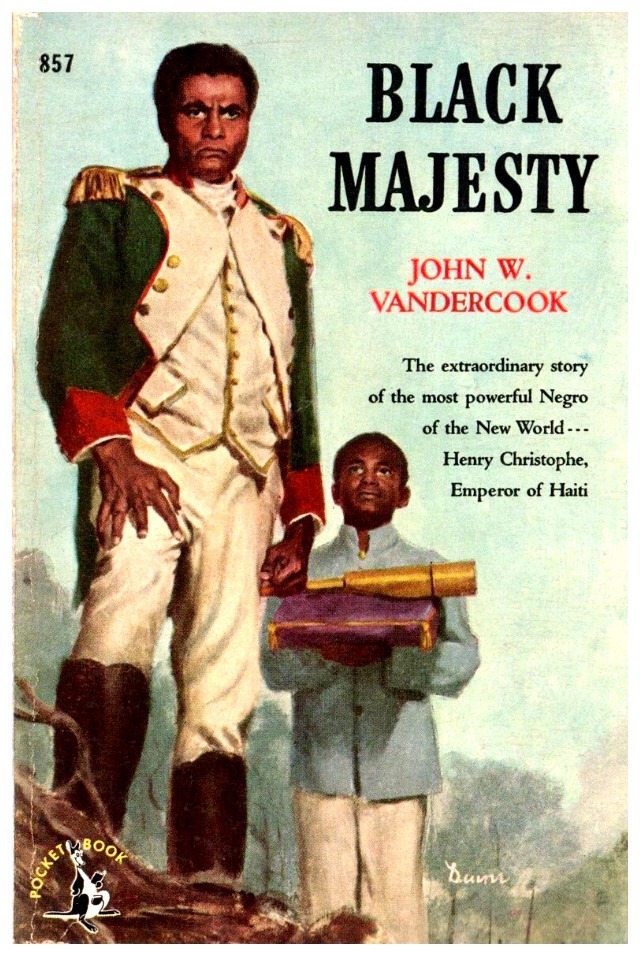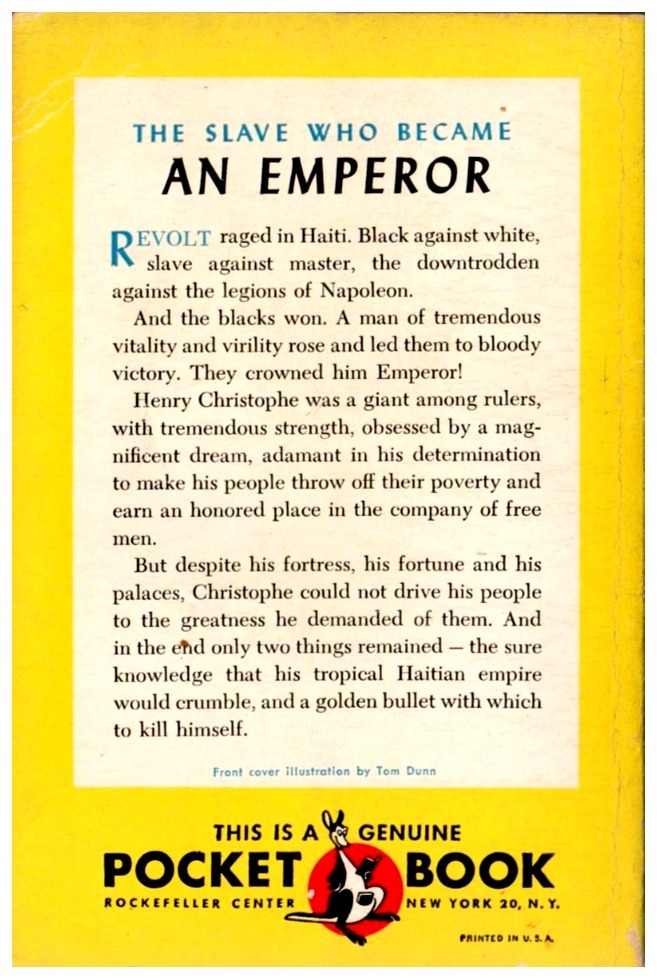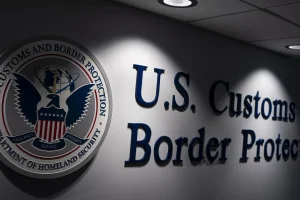 Henri Christophe who is one of the most admired heroes of Haiti, (6 October 1767 – 8 October 1820) was a former slave and key leader in the Haitian Revolution, which succeeded in gaining independence from France in 1804. In 1805 he took part under Jean-Jacques Dessalines in the invasion of Santo Domingo (now Dominican Republic) against French forces, and was documented as killing hundreds of Dominicans, including prisoners.
Henri Christophe who is one of the most admired heroes of Haiti, (6 October 1767 – 8 October 1820) was a former slave and key leader in the Haitian Revolution, which succeeded in gaining independence from France in 1804. In 1805 he took part under Jean-Jacques Dessalines in the invasion of Santo Domingo (now Dominican Republic) against French forces, and was documented as killing hundreds of Dominicans, including prisoners.
In this article written by Forgotten Newmakers
Henri Christophe learned everything he knew from experience. A Negro born into a slave family on the island of Grenada, he never went to school and was illiterate his whole life. His life’s purpose was to eradicate slavery and build Haiti into a strong country, and the slave boy who would be king took seriously the power and perks that came with the job. Christophe was a rambunctious kid. At age seven the plantation owner turned his unchanneled energy into profit when he sold the boy to a Negro mason as an apprentice. Christophe ran away from his master and stowed away on a boat bound for the island of Saint Domingue (now Haiti). At age twelve, Christophe ended up the servant of a French naval officer, hired to oil his boots and serve his meals. This job took him north to America where Christophe fought with the French in the Siege of Savannah before returning to Haiti where he was again sold to a free Negro who owned a hotel. The ambitious young man moved up from stable boy to cook, waiter and billiard marker. He saved enough money to buy his freedom. When Christophe was 26 years old he married the boss’s daughter, Marie Louise, who was only 15. They had two sons and two daughters.
FIGHTING FOR FREEDOM: The Spanish, French and English all had interests in the island, and the slaves were rebelling for their freedom. Black General Toussaint Louverture led the army to claim their emancipation. Christophe volunteered to fight with Toussaint and showed early leadership skills. Seven years later, Toussaint, had driven the Spanish back to their side of the island and defeated the British. He designated himself the Governor-General and appointed a trio of successors: Christophe as general and military governor, Jean-Jacques Dessalines as a provincial governor, and Alexandre Sabès Pétion (a mulatto), who ended up in the south. Toussaint, seeing an opportunity for independence, set up a government without asking permission of Napoleon Bonaparte, which prompted Napoleon to send an expedition to the island to reestablish French dominion. The captain of the French expedition was Charles LeClerc, and he insisted on negotiating directly with Toussaint. While LeClerc waited on the ship, his emissary went ashore and was insulted when he was met by the second in command, Christophe. Thinking a black, former slave could be easily persuaded, LeClerc offered Christophe many honors if he would turn over the town of Cap François before Toussaint arrived. Christophe was insulted by the insinuation that he would betray his commander. And, there was the underlying fear that one objective of the French mission was to reinstate slavery.
The messenger delivered Christophe’s message to his boss, and Christophe vowed to his commander and his countrymen that if LeClerc came ashore, there would not be any town for him to claim because Christophe would personally see to it that it would be burned. LeClerc sent Christophe a letter warning that 15,000 soldiers would disembark at dawn if Christophe did not capitulate. Christophe’s response reiterated his loyalty to the chain of command. Since he was illiterate, the content of his letter was dictated, but Christophe was able to sign his name.After one more written attempt to resolve the situation, LeClerc made good on his threat, and Christophe made good on his promise. Despite the pleas of the townspeople of Cap François not to destroy their homes, while the French soldiers stormed the shore, Christophe torched the city, starting with his own house.
Now Haiti was at war with France, and eventually the Haitians were overwhelmed by the French. Christophe, on behalf of Toussaint, was willing to negotiate. The sticking point was slavery, and LeClerc, speaking for Napoleon, agreed to let every person be free. Finally an agreement was reached with the stipulation that Toussaint retire to his plantation. He did so, but LeClerc had reason to believe that he was planning another uprising, so Toussaint was arrested and exiled to France with his family. When LeClerc died of yellow fever, the black and mulatto leaders agreed to submit to the command of Jean-Jacques Dessalines who led them to freedom. On January 1, 1804 they declared independence and Saint Domingue officially became Haiti. The mulattos in the south did not accept being ruled by blacks. They rebelled and assassinated Dessalines. A national assembly was quickly organized to elect the next leader, and it was between Christophe and Pétion. In a gesture of reconciliation, Christophe, age 40, was elected, if somewhat grudgingly, as President of Haiti for four years, residing in the north.



















